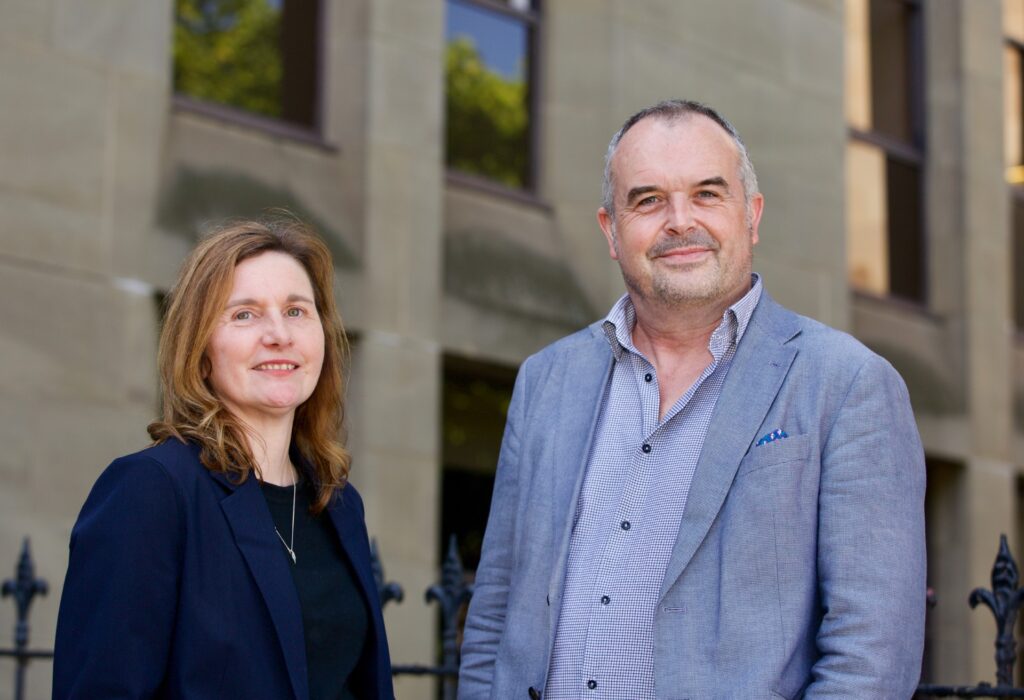IN a report by the Young Company Finance (YCF), Equity Gap was named the most frequent backer of women-owned businesses in Scotland.
Between 2018 and 2023, the Edinburgh-based angel investment syndicate backed 12 equity investment rounds in female-led businesses, which is 30% of the total rounds during this period.
The YCF Diversity Data Report highlighted the continuing disparity in investment for women-led businesses in Scotland.
In 2023, 5.4% of total funding rounds went to women-owned businesses, and female entrepreneurs secured only 2.6p of every £1 of funding.

Women-led businesses are still underfunded and accessing investment continues to be a challenge for women.
As a long-term signatory to the Investing in Women Code, Equity Gap champions an inclusive environment for investors and entrepreneurs in order to remove gender bias. This has allowed more women to participate as both investors and founders.
Members of Equity Gap have invested over £6m into 13 female-led companies, leveraging £40m of total funding for the businesses.
If this approach was followed by others then women-owned companies could access 10 times more funding.
Equity Gap currently invest in My SMASH media, which is an AI matchmaking platform for creative industires, and a global drug research firm called Cytochroma.
Fraser Lusty, managing director at Equity Gap, said: “The new YCF report confirms our long-held conviction that Equity Gap is at the forefront of investing in and adding value to women-led businesses.
“Our investment process is designed to be member-led, inclusive and accessible, allowing members to find the best early-stage investment opportunities.
“There is no investment committee or screening process where individual biases might creep in, which is very different to institutional investors,” he added.
“We look forward to working with more women-owned businesses to inject critical early-stage investment.”
